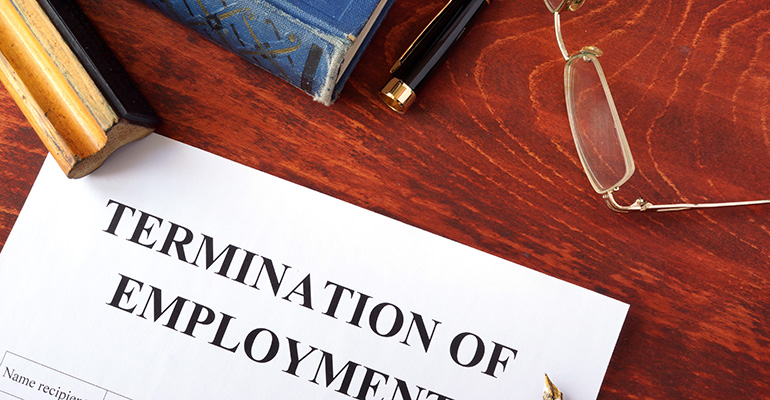
Fired During the Pandemic Without Warning? Why You May NOT Have a Case
The pandemic has been incredibly challenging for employers and employees alike. Employers have needed to make tough decisions, and many workers have lost their jobs.
Were you fired during the pandemic without warning?
Employees have many rights in the workplace, but due to the extraordinary circumstances of the pandemic, you may not have a case if you were fired during the pandemic without warning.
The WARN Act
The Worker Adjustment and Retraining Notification (WARN) Act is administered by the U.S. Department of Labor and helps to ensure advance notice of mass layoffs to employees. Typically, the WARN Act requires employers, such as factories and processing plants, to give employees a 60-day notice. With the onset of the COVID-19 pandemic, many employees were fired with much less notice than 60 days. The WARN Act has exceptions to that 60-day requirement, including for natural disasters.
The 11th U.S. Circuit Court of Appeals, as of summer 2021, is considering an amicus brief by the U.S. Chamber of Commerce and other major business groups that contends that the COVID-19 pandemic should fall under the exception of the WARN Act as a natural disaster – and that the pandemic was the direct cause of the layoffs. This would make employers exempt from the 60-day requirement if ruled accordingly.
Due to the extraordinary circumstances of the COVID-19 pandemic, the WARN Act may not protect workers. You may not have a case against your employer if you were fired without warning during the pandemic.
Workers Still Have Many Legal Protections in the Workplace
Florida employees still have many legal protections in the workplace under state and federal law. Employers must abide by these laws or face the consequences.
Employee rights include protection against:
Retaliation — retaliatory actions may include getting a reduction in pay, losing regularly scheduled hours, changes in work assignments, and being intentionally excluded from training or meetings that other employees attend.
Discrimination& Harassment— including sex discrimination, race discrimination, age discrimination, disability discrimination, pregnancy discrimination, religious discrimination, and sexual harassment.
Hostile Work Environment —a workplace where an employee (or group of employees) is subject to discrimination, offensive comments, bullying, or unwanted sexual advances — creating an oppressive, intimidating atmosphere where the employee may even be fearful of going to work.
Employees also have additional protections to ensure minimum wage requirements are being met, earned overtime is paid correctly, and employment contracts are being honored, among others.
Florida Employee Rights Attorneys
Even if you may not have a case after being fired during the pandemic, employee rights attorneys can help with multiple types of employment law violations.
If you believe that you may have a case against your employer, it is advisable to speak to an attorney that is an expert in employment law. During a consultation, they will discuss the details of the complaint of potential violations with you to determine your best legal options.
Contact Wenzel Fenton Cabassa, P.A. for a free, confidential consultation.
Please Note: At the time this article was written, the information contained within it was current based on the prevailing law at the time. Laws and precedents are subject to change, so this information may not be up to date. Always speak with a law firm regarding any legal situation to get the most current information available.








